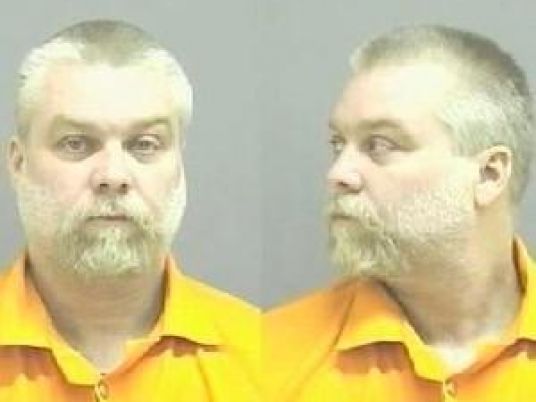
The television documentary "Making a Murderer," a gripping series about two Wisconsin men convicted of murder, has put this blue-collar city of 35,000 on the map, to the dismay of many residents.
The wildly popular Netflix series, spread out over 10 episodes, details the case against Steven Avery and his nephew, Brendan Dassey. It suggests that authorities planted evidence against the men, a claim that has been rejected by local law enforcement.
The spotlight will continue to shine on the city located on the shore of Lake Michigan, about 80 miles (129 km) north of Milwaukee. Two other, separate programs about the case are scheduled to air on Friday and Saturday, on NBC's "Dateline" and the Investigation Discovery channel.
The Netflix series may be a popular success but some residents are tired of hearing about it. "It's like trying to keep religion and politics out of the bar," said Stacey Vanderbloomen, owner of Van's Bar and Grill, as she tended bar among flashing neon beer signs and electronic dart board machines.
"I tell them let's not talk about it anymore," she said, as two burly men in heavy winter coats swigged beer and discussed the case.
Her preference has not stopped self-professed legal experts in town from sharing their conspiracy theories after watching the series about Avery and Dassey, who were convicted of killing freelance photographer Teresa Halbach in 2005.
It has also not stemmed the flow of curious outsiders traveling to Avery's Auto Salvage on the outskirts of town where authorities found Halbach's remains. Outsiders are visiting local restaurants and stores, but that does not make some residents happy.
"It'll bring people who are going to eat and spend money, but that's not the type of money we really want," said Jim Kollath, 59, a regular at Van's.
Gas station attendants near the salvage yard said they have been inundated with motorists asking for directions to the scene.
If tourists arrive at the Avery residence rather than the family's nearby salvage yard, they are met by a handwritten sign posted at the corner of a snow-covered field, reading "No Trespassing. Private Drive & Property."
"Somebody from out of state, two weeks ago, was out at the Avery property and they invited him in and they couldn't get rid of them," said Manitowoc Sheriff Robert Hermann as he scrolled through hate-filled emails related to the case. "We had to send a squad (car) up there and remove the person."
In addition to drawing unwanted guests, the documentary has hurt the image of Manitowoc, residents said.
"This is the worst mark that has happened to it," Kollath said.
Manitowoc takes pride in its reputation as a city that built 28 submarines for the US Navy during World War Two. One of its most noteworthy landmarks is a faded mural of a Budweiser bottle and cans on a malt plant that towers over downtown area.
Jason Ring, president of the Manitowoc Area Visitor and Convention Bureau, believes it is only a matter of time before outsiders forget about the case.
One business owner prefers that fans of the documentary just stay away.
"I'm so sick of it. It's over," said the woman, who declined to give her name.
The business community is more concerned about Manitowoc Company Inc's planned split into two companies. The maker of cranes and food-service equipment has announced it will separate its businesses after pressure from activist investors.
"That is probably going to affect our community more than this (murder) case is … but everyone is talking about the Avery case," said David Lockmann, owner of the Bike 'n Fit bicycle shop in downtown Manitowoc. "It's crazy."




